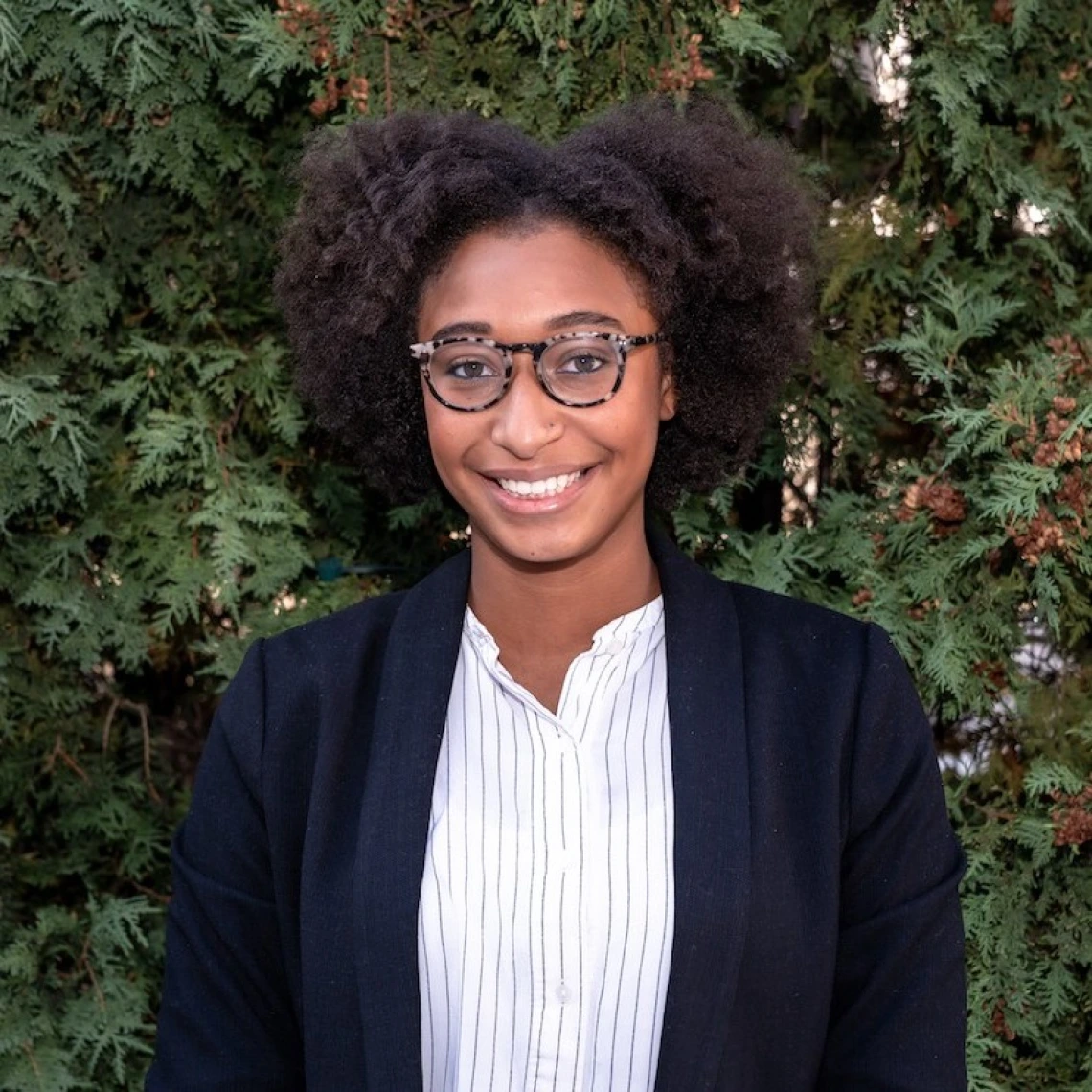Undergraduate Alumni: Jessica Harris, '17

Jessica Harris
Jessica Harris graduated magna cum laude in 2017 from the University of Arizona with a B.A. in Anthropology and a focus on cultural anthropology. While at the UA, she participated in the Bureau of Applied Research in Anthropology’s (BARA) community project in Nogales, Sonora on composting and water resources. She conducted original research with Professor Jennifer Roth-Gordon on linguistic and cultural appropriation by corporations on social media platforms, resulting in a publication with Roth-Gordon in the International Journal of the Sociology of Language. She also worked on the Prison Composting/Gardening Project as a UA Compost Cats volunteer and collaborated with the Arizona State Prisons to implement a gardening and waste diversion education initiative, teaching inmates the fundamentals of composting and gardening.
Her first job after her graduation from the UA was as a project specialist with the Maryland Network Against Domestic Violence. In 2019 she moved to Feedback Labs in Washington, D.C. as a community coordinator. And, in November 2020, she was hired in the Office of Victim Services and Justice Grants of the D.C. government as a program analyst.
Jessica Harris explains more about her career and gives advice to undergraduate Anthropology students to “put yourself out there!” She says:
By being open and experimental with my education at the UA I was able to do awesome things like becoming an undergraduate teaching assistant in an Anthropology class that taught critical race theory. Putting myself out there also allowed me to collaborate from my junior year with the same professor and publish an article in an academic journal. The same applies to my career. When I graduated, I did not have a set career path. I allowed myself to be open and put myself in a position to start my career in victim services and criminal justice reform. I worked at the Maryland Network Against Domestic Violence, where I focused on homicide prevention and intimate partner violence prevention. Also, I advise Anthropology students to be open to taking jobs that don't fall perfectly within your immediate interests, because you may learn many valuable skills and develop knowledge in a new field. After my first job working in victim services, I made a career pivot and accepted a job at a nonprofit called Feedback Labs, which focused on building the field of constituent and community feedback to make sure people's voices are more reflected in the policies and decisions that affect their lives. In my time at Feedback Labs, I learned so much about different sectors, got to develop my leadership skills, and explore a new field. My first two jobs post-undergrad ultimately led me to combine my interest in victim services/criminal justice reform, data analytics, and social justice and to recently landing a great job as a Program Analyst at the Office of Victim Services and Justice Grants. In my current role, I analyze the data of all of the victim services and justice grants we fund in the District of Columbia. By remaining open, treating every job as an opportunity to learn and grow my skills—and taking leaps of faith even when there was uncertainty—I began creating a career path I am proud of and that leaves more room for growth.
When asked why she was attracted to become an Anthropology major at the UA, Jessica Harris responded:
Before I decided to apply to the UA I knew I was interested in human behavior, culture, and how systems impact the lived experiences of humans around the world. This interest in exploring human nature and cultural constructs led me to research the top Anthropology program in the nation, which led me to apply to the UA. Additionally, I was raised in Charlotte, NC, so I wanted a change of scenery and a chance to get out of my comfort zone in order to grow and learn from people from various backgrounds. The UA's anthropology program gave me so many opportunities to do that.
Jessica elaborated on the skills and knowledge she learned in Anthropology at the UA that have been important in her career path:
The most important skill learned in the program is always to ask questions and critically analyze information presented to me. I was fortunate to have experienced many internships, classes, and job roles in the department that helped me bolster these skills. For example, I was an intern for BARA. Learning the core principles of community-based participatory research during my time at BARA has helped me become an inquisitive professional who is interested in multiple stakeholders’ perspectives when working on projects. I also learned to think critically and ask critical questions when analyzing data collected from our research and field study in Nogales.

